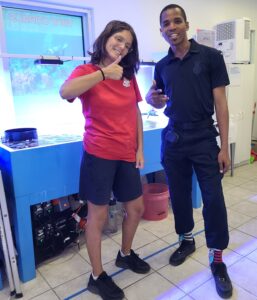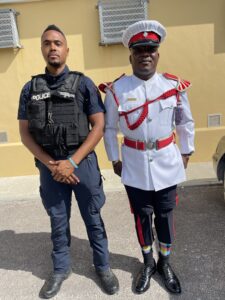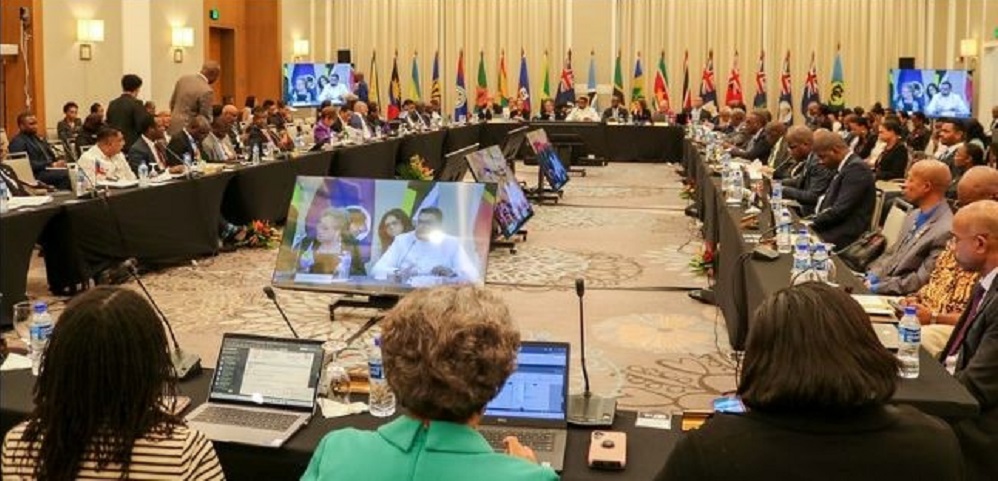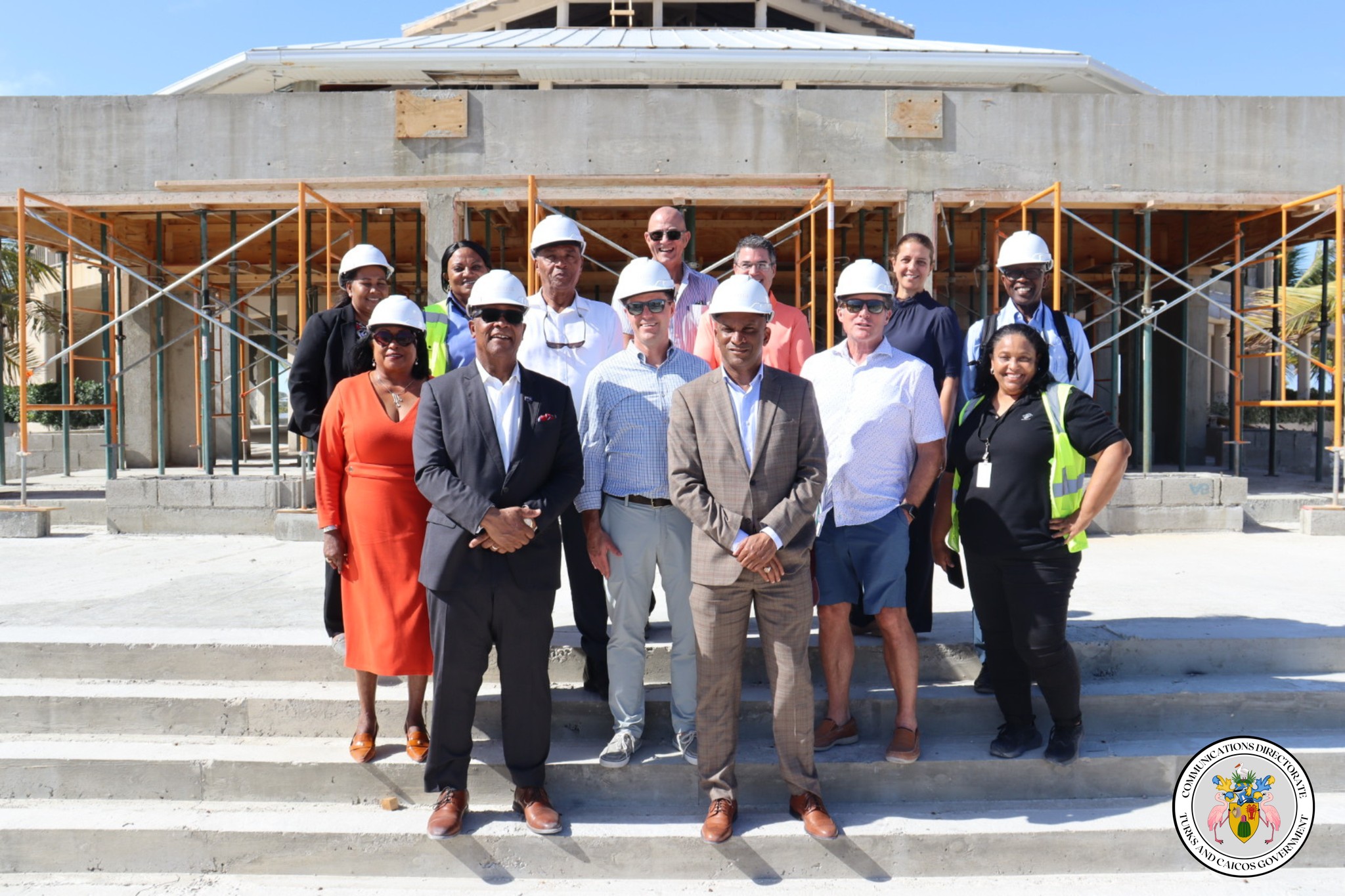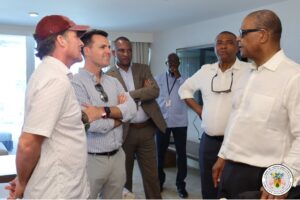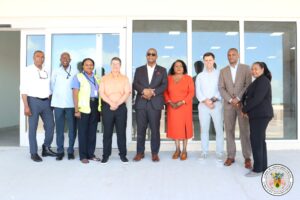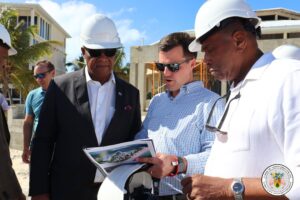March 3, 2024
The Caribbean Community (CARICOM) remains on the frontlines of global climate crisis, an issue the Region has been aggressively advocating on for the past thirty years. Despite the many commitments and promises of international partners, the window of opportunity to limit global warming to 1.5 degrees Celsius above pre-industrial levels is rapidly closing.
Heads of Government are concerned that while COP 28 was widely regarded as a historic event, with the completion of the first global stocktake (GST), on progress in achievement of the Paris Agreement goals, the outcomes of GST show that emissions of greenhouse gases continue to rise and the nationally determined contributions (NDCs) of Parties will not keep global temperatures below the 1.5 degree goal enshrined in the Paris Agreement.
Heads of Government also expressed concern to be heading to COP 29 where a New Finance Goal will be articulated to replace the 100bn goal, which has not yet been met, even as developing countries require trillions to deal with the escalating impacts of climate change. Developed country parties have not provided enough finance at scale, technology and capacity building support required to help developing countries tackle their pressing needs to build their resilience, especially in adapting to the adverse and increasingly catastrophic impacts of climate change. The clear absence of definitive timelines for action and quantitative commitments for scaling up of investments, and particularly adaptation finance emerging out of COP 28, cause great concern to our Region.
clear absence of definitive timelines for action and quantitative commitments for scaling up of investments, and particularly adaptation finance emerging out of COP 28, cause great concern to our Region.
The Conference noted that Small Island Developing States (SIDS), recognized as the most vulnerable group of countries and a special case for sustainable development, have been facing strong push back against the recognition of their special circumstances especially in the context of climate finance. There is limited international support for special allocations for SIDS within financing arrangements and available climate finance from international and private sources is limited, expensive and too onerous to access.
In light of the preceding, Heads of Government called for CARICOM to take a strategic, unified and coordinated approach to ensure that the Region remains influential in the climate and development arena through engagements with key partners and advocacy groups.
They called for renewed focus by the Region to advocate for inclusion of forests, nature-based solutions and blue carbon into market mechanisms with the aim of articulating clear regional positions and strategies.
Heads of Government reiterated the call for improved readiness programmes, simplified approval procedures, a change to the criteria for determining access to low-cost finance, and for the adoption of programmatic approaches to address the bottlenecks in accessing finance.
The Region reiterates its support for the Bridgetown Initiative’s call to expand capital adequacy of international financial institutions.
Heads recognized that the Fourth International Conference on Small Island Developing States, scheduled to be held in Antigua and Barbuda, 27 – 30 May 2024, will be an inflection point for many of these discussions to be articulated. As such, the Region remains committed to participating in the Conference at the highest level.


 Caribbean News1 week ago
Caribbean News1 week ago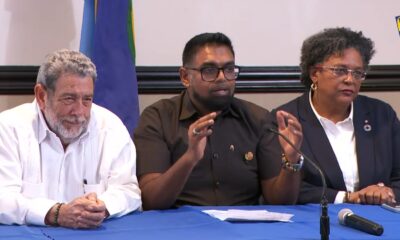
 Caribbean News1 week ago
Caribbean News1 week ago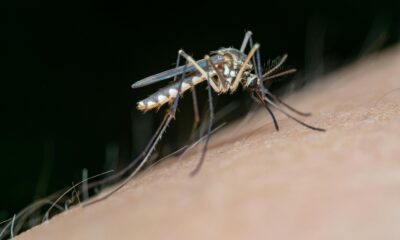
 Health1 week ago
Health1 week ago
 Health1 week ago
Health1 week ago
 Caribbean News5 days ago
Caribbean News5 days ago
 Caribbean News2 days ago
Caribbean News2 days ago
 Health1 week ago
Health1 week ago
 Caribbean News5 days ago
Caribbean News5 days ago



